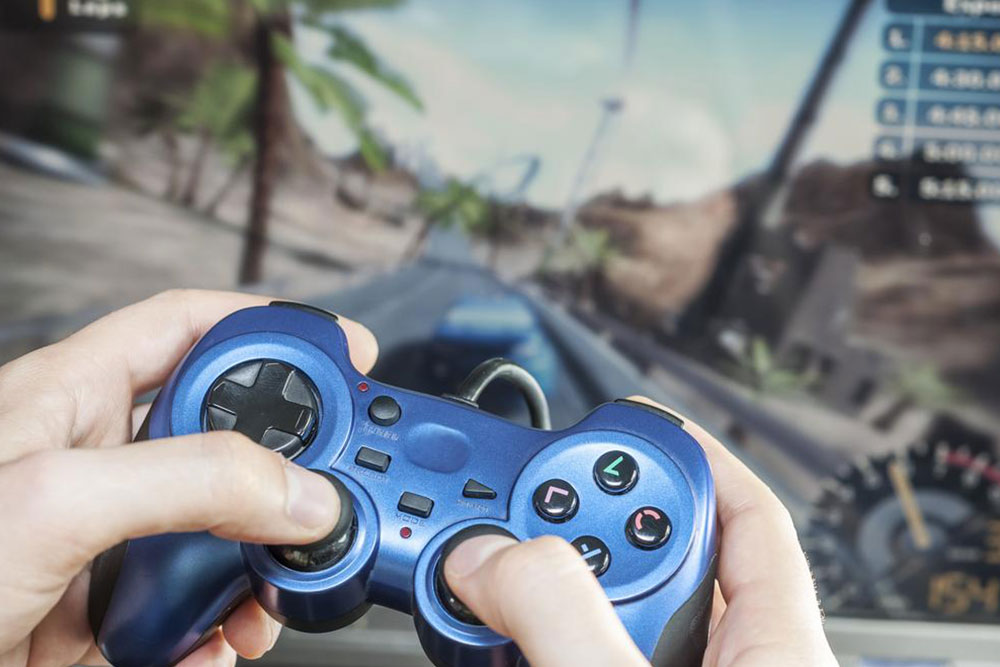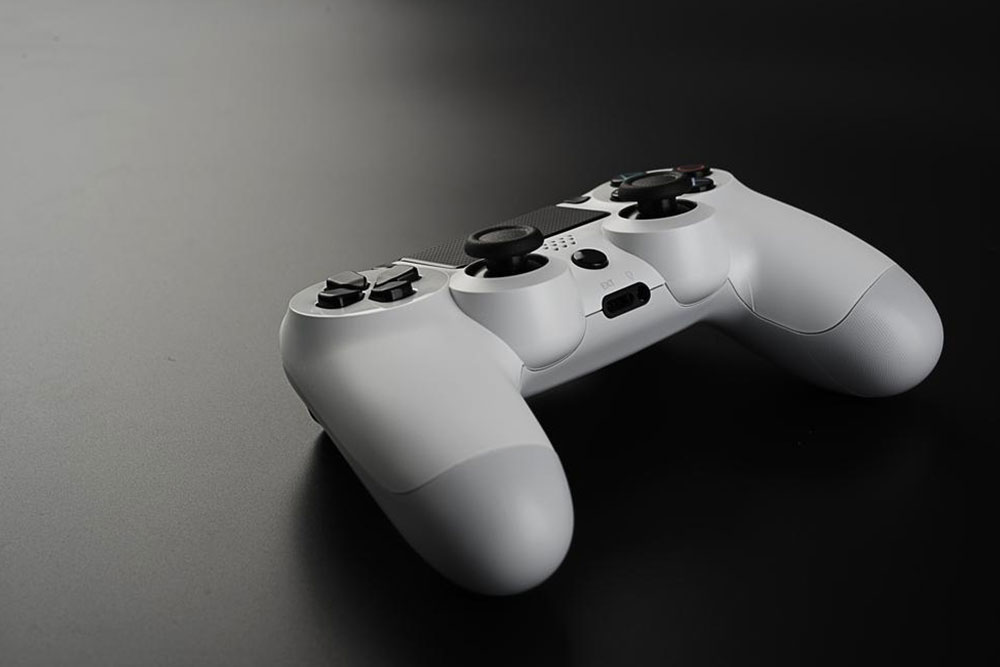Ultimate Guide: How to Choose the Best Gaming Laptop for Your Needs
Discover comprehensive tips for choosing the ideal gaming laptop tailored to your needs. Learn about storage, display, RAM, processor, and graphics card considerations. This guide helps gamers of all levels select high-performance devices that balance power, portability, and affordability, ensuring an enhanced gaming experience.

Ultimate Guide: How to Choose the Best Gaming Laptop for Your Needs
In recent years, gaming has evolved from a casual pastime to a competitive sport and a serious profession for many enthusiasts around the world. The surge in popularity of gaming titles across various platforms has fueled this growth, making high-performance gaming devices more necessary than ever. While desktop gaming PCs have traditionally been the go-to choice for power users, the advent of advanced gaming laptops now offers players the flexibility of portability combined with impressive computational power.
Are you considering customizing a gaming laptop to meet the demands of modern titles? The good news is that with the right knowledge, you can tailor a laptop to perform at an elite level, matching or even surpassing traditional gaming desktops. Making an informed purchase requires understanding essential specifications, such as processor speed, graphics capabilities, memory, storage options, and display quality. This comprehensive guide aims to help you navigate the key factors to consider when selecting a gaming laptop that perfectly aligns with your gaming style, whether casual or competitive.
Matching your gaming setup with the right specifications can significantly enhance your experience and provide a competitive edge. Besides raw power, portability, battery life, design, and price are crucial considerations that influence your overall satisfaction with your choice. Whether you're an aspiring esports professional, a dedicated streamer, or simply an enthusiast looking for immersive gameplay, choosing the right gaming laptop is essential. Here are five detailed tips to help you make the best investment in your gaming future.
1. Prioritize Storage for Seamless Performance and Flexibility: Storage is a key aspect of a gaming laptop, impacting load times, game installation, and overall system responsiveness. Opt for a configuration that includes a solid-state drive (SSD), ideally with a capacity of at least 256GB. SSDs significantly reduce game and system load times compared to traditional hard drives. Complement this with a 1TB HDD for additional storage of media files, backups, and less frequently accessed data. This dual-storage setup provides both speed and capacity, ensuring your device can handle large game files, high-definition videos, and other demanding applications without lag.
2. Choose the Right Display for Immersive Gaming: The display is arguably one of the most noticeable features during gameplay. A 15.6-inch screen strikes a practical balance between portability and immersive visualization, making it ideal for gaming on the go. For those who prefer larger visuals and don't mind a heavier device, 17.3-inch displays offer an even more captivating experience, especially at higher resolutions. A full HD (1920x1080) resolution is standard and sufficient for most gaming needs, delivering crisp and clear graphics. For premium enthusiasts, some high-end models feature 4K displays that provide stunning detail, akin to premium gaming desktops. When choosing a display, also consider refresh rates; a 120Hz or higher rate results in smoother motion, which is particularly beneficial in fast-paced games.
3. Focus on Adequate RAM for Multitasking and Heavy Processing: The amount of RAM directly influences how well your gaming laptop handles multitasking and resource-intensive tasks. At a minimum, 8GB RAM ensures smooth gameplay and system stability during casual gaming sessions. However, for more demanding scenarios such as live streaming, video editing, or running multiple applications simultaneously, 16GB RAM is highly recommended. Increased memory allows for seamless multitasking, reduces lag, and enhances overall performance, especially when multitasking during intense gaming sessions or recording gameplay. It's also worth considering upgradeability options if you plan to expand your RAM in the future.
4. Invest in a High-Performance Processor and Graphics Card: The heart of any gaming laptop is its CPU and GPU. A powerful processor, such as a quad-core AMD Ryzen or Intel Core i7/i9 series, ensures faster processing speeds and better handling of complex calculations required by modern games. Equally important is a dedicated graphics card; NVIDIA's RTX series or AMD's Radeon RX series are industry leaders that can deliver smooth, high-quality visuals. The GPU is crucial for rendering detailed graphics, enabling higher resolutions, and supporting features like ray tracing. Before purchasing, research the latest models and reviews to ensure compatibility with upcoming game titles and software updates. A balanced combination of CPU and GPU guarantees an enjoyable, lag-free gaming experience with stunning visuals.
In conclusion, selecting the perfect gaming laptop involves balancing several critical aspects: storage, display quality, memory, processor power, and graphics capabilities. By understanding your specific gaming needs and future plans, you can choose a device that not only provides excellent performance but also offers portability and scalability. Whether you are a casual gamer, competitive eSports player, or content creator, investing in the right hardware will enhance your gameplay, maximize your enjoyment, and future-proof your gaming setup for years to come.





